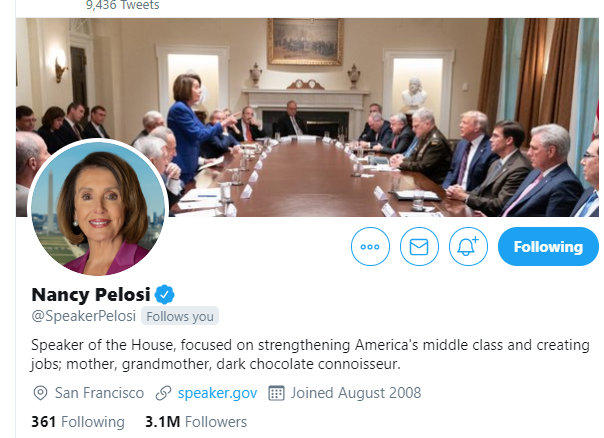18, October 2019
Big doubts surround Brexit despite Brussels deal 0
You might be forgiven for thinking they had something to celebrate. EU leaders were all smiles despite their order of business being to partially break their 28-nation alliance as smoothly as possible. They have given the green light to a new Brexit withdrawal agreement negotiated under British Prime Minister Boris Johnson.
Under the agreement, Brexit will not result in highly controversial border checks in Ireland as Northern Ireland would be aligned to the EU’s, as well as the UK’s, customs rules and single market. That’s a big problem for hardline unionists in the UK and so Johnson might fail to get his deal endorsed when it’s put to a vote in the House of Commons on Saturday.
If Johnson’s agreement is rejected, business leaders and workers’ representatives insist efforts must continue to ensure Britain does not crash out of the EU at the end of this month without a deal.
The Brexit debate has been raging now for years. More than three years have passed since the UK referendum took place, but the chaos and uncertainty surrounding the process continues.
The ball is now firmly back in the UK’s court. That is the message being sent out loud and clear by EU leaders. But of course it’s not that simple because they know the potentially dire consequences of a no-deal Brexit. That possibility still exists.
Source: Presstv































18, October 2019
Life sentences for Southern Cameroons leaders “costly mistake” 0
A pro Southern Cameroons-independence group in the United Kingdom has described as “costly mistake” a ruling issued by the Yaoundé Military Tribunal to sentence President Sisiku Ayuk Tabe and his top aides to life in prison for terrorism and sedition over their role in the current Ambazonia uprising that has claimed the lives of some 4000 people.
French Cameroun’s military court in Yaoundé sentenced the Ambazonia leader and 9 of his cabinet members to life in prison — behind bars on charges of sedition and terrorism over their role in the Southern Cameroons quest for independence.
“Southern Cameroonians in the United Kingdom and Northern Ireland are of the opinion that the Biya Yaoundé Military Tribunal verdict was a costly mistake and totally outrageous! No one in the world thinks it is justice” said Stephen Ikome who moonlights as spokesperson for the UK group.
He added that the Yaoundé Military Tribunal ruling made a mockery of the just ended Major National Dialogue and Ambazonians have continued to react with anger to the court decision stating that sedition involves an uprising and some sort of violence which was never the case when President Sisiku Ayuk Tabe declared Southern Cameroons independent from French Cameroun.
There is very little room for freedom of expression and right of assembly in La Republique du Cameroun. Correspondingly, a sea of French Cameroun political elites have publicly opined that the Ambazonia situation not only concerns Southern Cameroons’s brawls but also the fundamental rights within the whole of French Cameroun.
We understand that Southern Cameroons Interim Government has insisted the territory had for years been aspiring for independence through numerous peaceful and non-violent demonstrations and seeking the right for self-determination.
The abduction and extradition of the Ambazonia leaders from Abuja, Nigeria to Yaoundé attracted worldwide attention, triggering President Biya’s biggest political crisis in decades.
The resource-rich Southern Cameroons provides more than 70 per cent of La Repubique du Cameroun’s gross domestic product (GDP), and many Ambazonians believe they are marginalised by the Francophone dominated government in Yaoundé.
Speaking recently to the Paris-based Jeune Afrique newspaper, the Ambazonia leader, Sisiku Ayuk Tabe said the Federal Republic of Ambazonia was no longer part of La Republique du Cameroun.
By Asu Isong in London